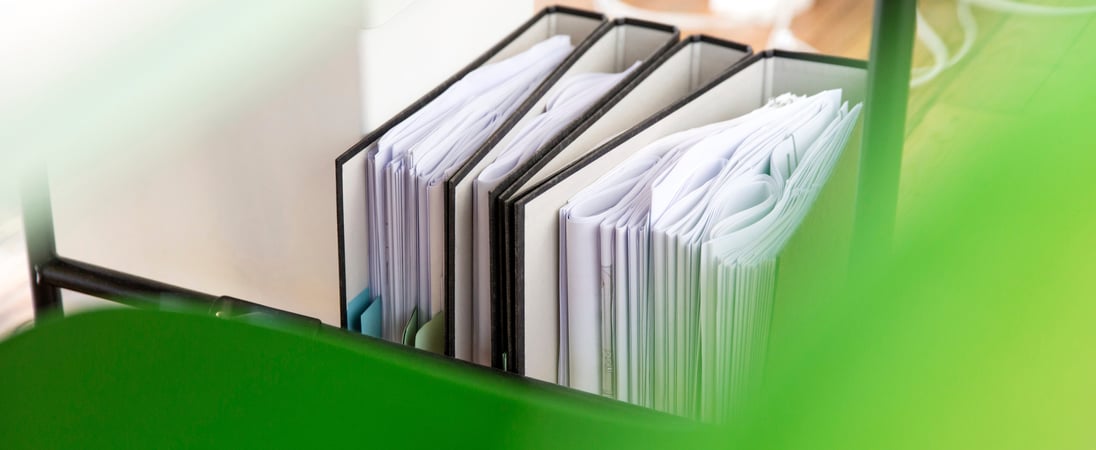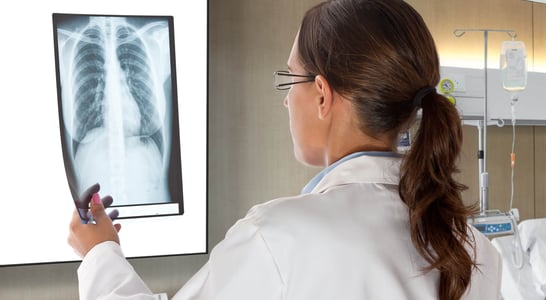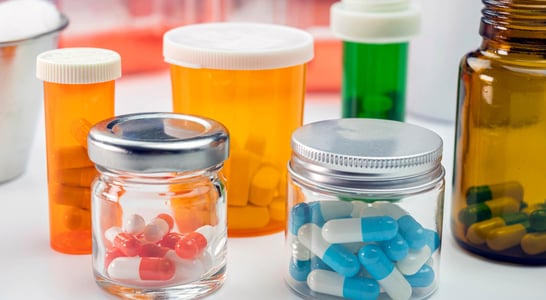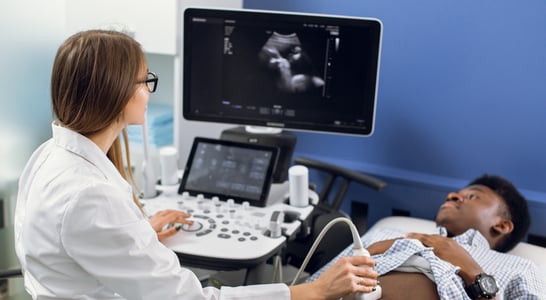
Organize Your Medical Information Month
Organize Your Medical Information Month invites everyone to tidy up their health records in a friendly and practical way.
It highlights the value of having your essential medical details in one easy‑to‑find place.
Gathering your health data gives you peace of mind. Medical professionals can then act quickly if an emergency pops up or plans change. Reliable care flows when we take charge of our own health story.
The purpose is simple. It helps people collect details such as medications, allergies, test results, and provider contact information.
That clarity can speed up decisions in urgent moments and make everyday visits smoother.
A clear record eases discussions with new doctors or specialists. It also sharpens your insight into health patterns and treatments.
How to Celebrate Organize Your Medical Information Month
Treat this moment as your chance to tidy medical records in a smart, simple way.
Build a Portable Health Binder
Keep key documents in a sturdy three‑ring binder. Use clear sleeves or dividers to group items by type. Pack in essentials like insurance cards, test results, and medication lists.
A tidy binder makes it easy to carry records to appointments. (See ideas about binders and portability).
Scan and Store Digital Copies
Capture paper files with a scanner or smartphone. Store digital versions in folders labeled by category or date. Back them up securely on cloud storage or a USB drive.
Digital copies offer quick access and protect against loss or damage. (Based on tips to keep digital and paper files).
Create a Quick-View Health Summary
Write a single‑page snapshot of your current health details. Include key meds, allergies, diagnoses, and provider contacts.
Keep it handy on your phone or printed near your records. This summary offers a fast way to share essential info. (Inspired by medical summary and 30‑minute file concepts).
Sort Records with Purpose
Lay out piles of similar documents—bills with EOBs, test results, and visit notes. Sort them into logical groups that suit your habits.
Then file or store each group in your binder or folder system. This helps avoid mix‑ups when time matters. (Adopted from organizing piles and grouping).
Share Access with a Trusted Person
Tell a close friend or family member where you keep your records. Walk them through your system so they can find things if you’re unavailable.
This safeguard ensures emergencies or surprises don’t derail access to vital info. (From advice on sharing and emergency readiness).
History of Organize Your Medical Information Month
Long before today’s digital folders, people kept health details on paper tucked inside desk drawers. Early records were often kept in small notebooks or file boxes at home.
Doctors held most details, and patients rarely had full copies.
The shift toward personal copies began as families realized quick access could save time in urgent situations.
Hospitals started giving patients more paperwork after visits. Insurance changes and mobile lifestyles made scattered files harder to manage.
By the late 20th century, talk about “portable medical files” became common. Health groups encouraged people to keep their own charts and medication lists.
As computers entered homes, storing health information in digital form became possible for many.
Public campaigns grew from this push for preparedness. Awareness efforts like Organize Your Medical Information Month now build on decades of advice.
These campaigns urge individuals to take control of their own records.
Also in ...
View all holidaysInternational Coffee Day
Give your business to a local coffee shop, sign up for a coffee subscription, or try making a new kind of coffee at home with an espresso machine of some kind.
National Hair Day
Those strands on your head, like nature's crown, expressing personality and style, making each day a new canvas.
We think you may also like...
World Radiography Day
The art of revealing hidden truths through the lens of science, a noble pursuit that unveils the mysteries within the human form.
National Clean Out Your Medicine Cabinet Day
Tidying up the medicine stash ensures safety, preventing mishaps and creating a healthier environment at home.







